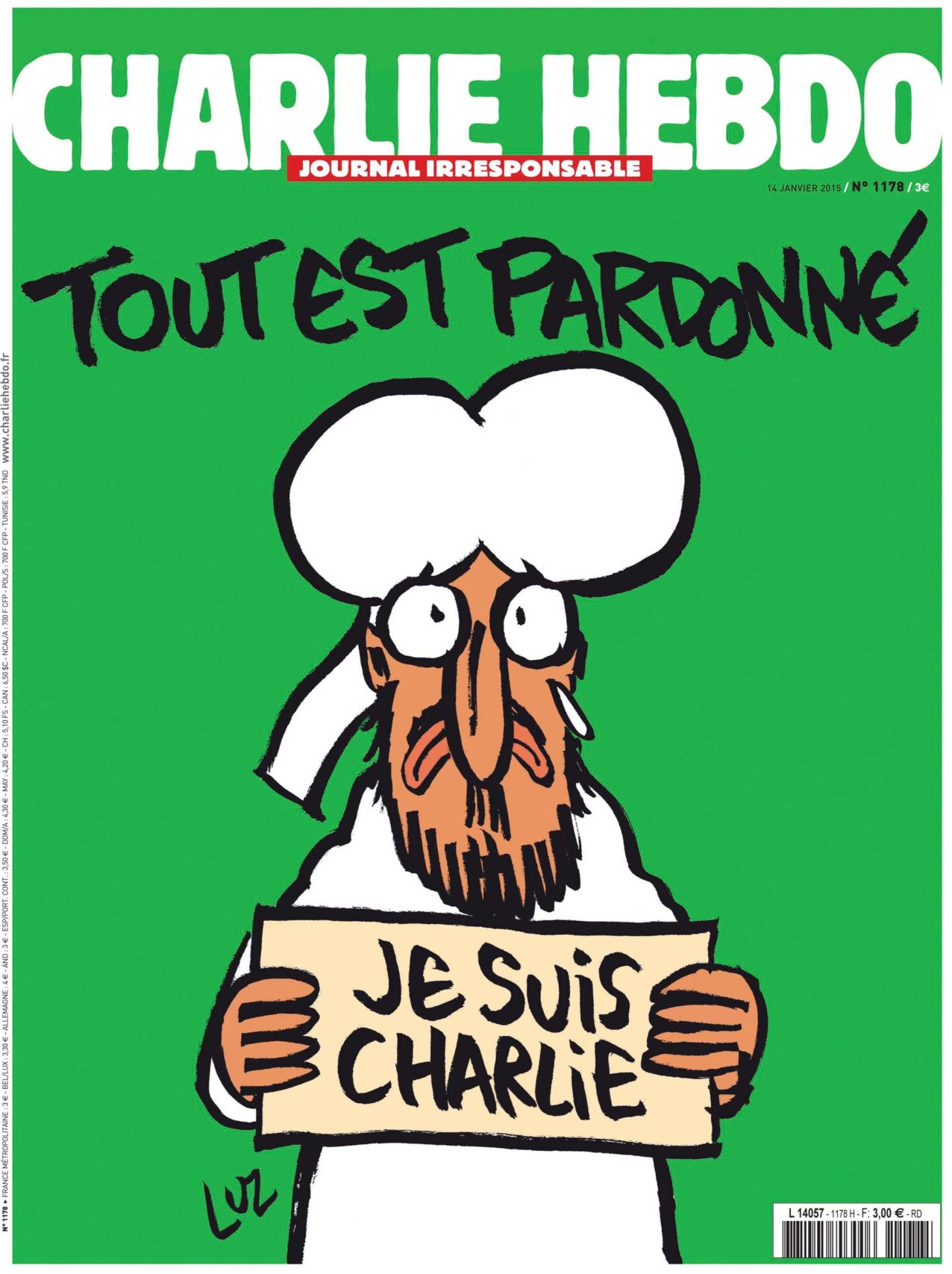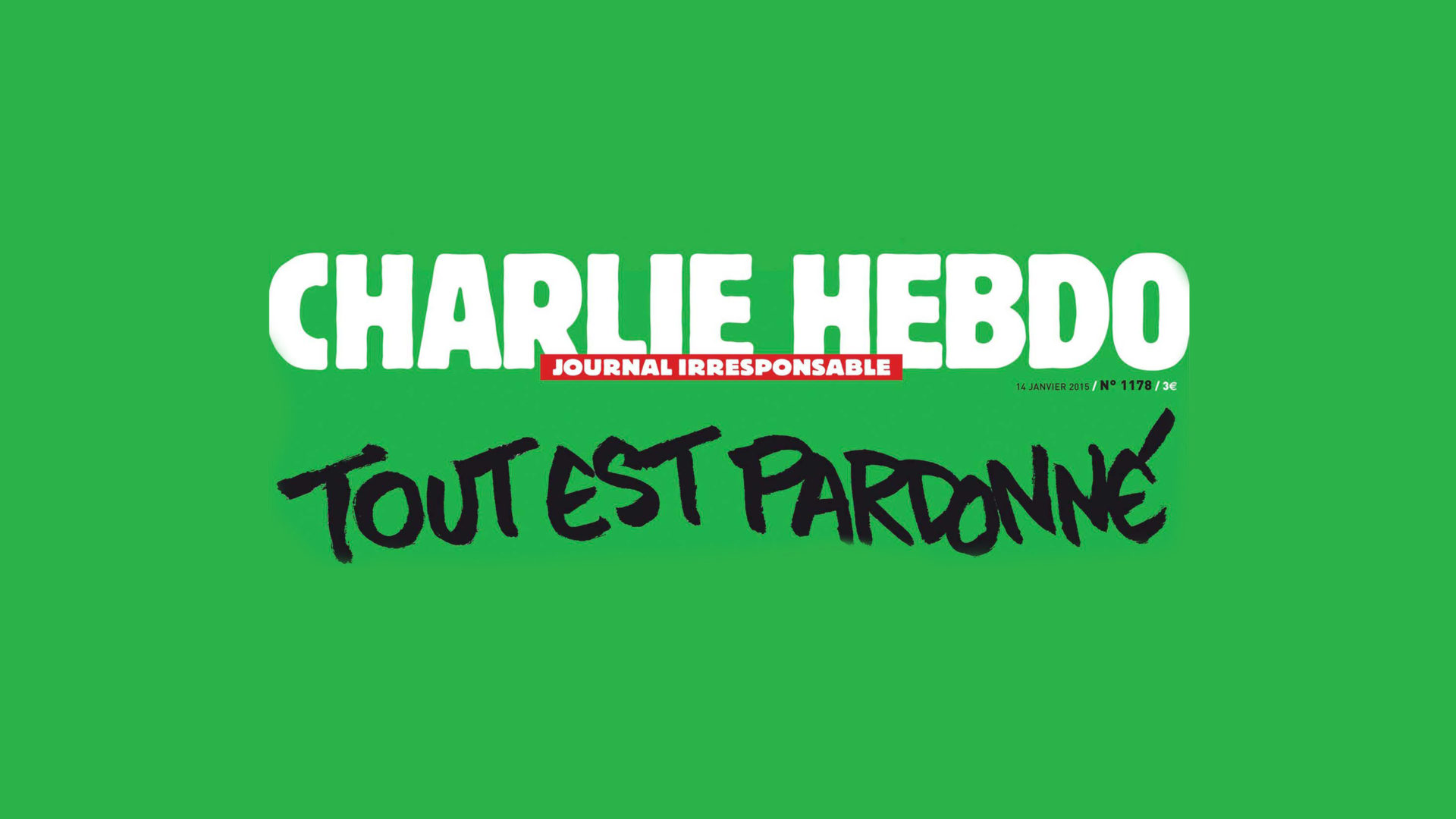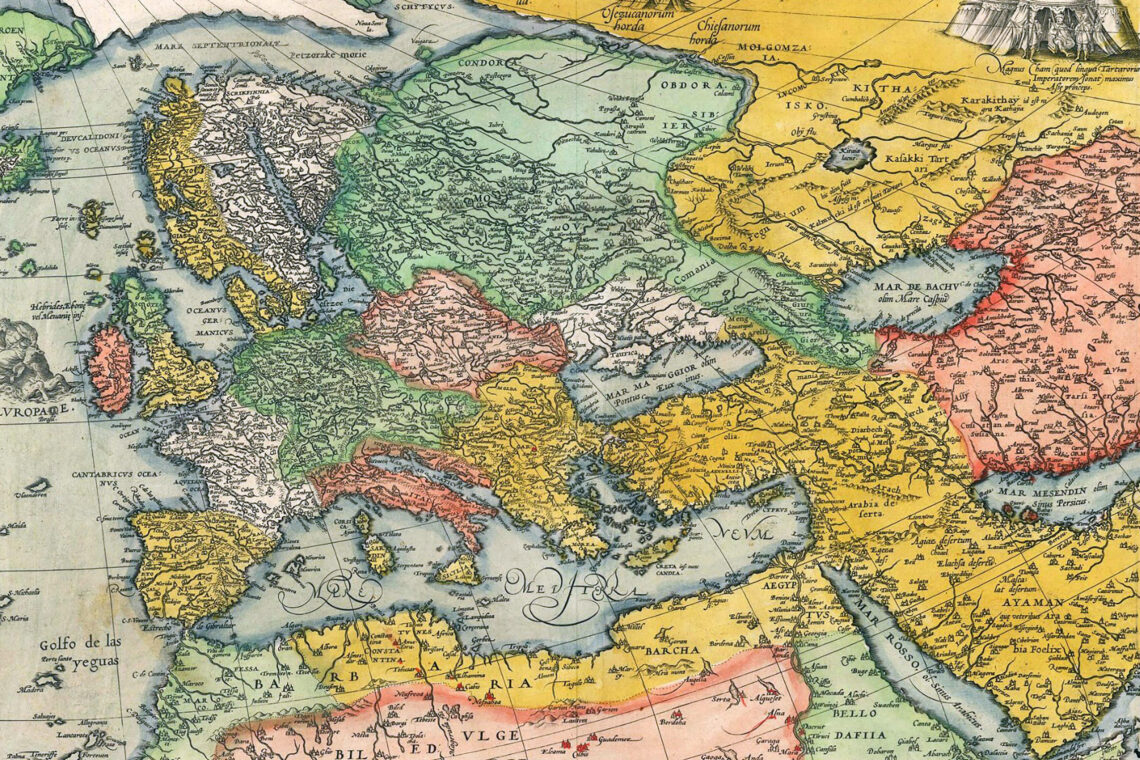The terrorist massacres in Paris on January 7th, and now the complaints about the portrayal of Islam’s prophet Mohammed on the surviving cover of the satirical magazine Charlie Hebdo, are a reminder that Muslims are dead serious about their sacred leaders, even if they often have no idea about the historical reality of the prophets they are violently defending.

Perhaps it needs recalling that before the deadly events in Paris several Muslim-majority nations had banned the film Exodus: Gods and Kings from their cinema screens under the pretext that the movie represented God or was not historically accurate. Morocco, one of the countries that had done so, is finally screening it after the director, Ridley Scott, agreed to make changes in the scenes of the god-like child who appears to Moses. Because I am spending this year in Morocco, I saw the film in Paris on December 28th, 2014, before the ban was finally lifted.
My impression was that the fable of Moses taking on the Pharaoh and walking his people across the Red Sea is a theme that lends itself beautifully to epic Hollywood productions. But there is no historical evidence that any such thing ever happened. It is just a great story concocted by people in a different time and place to make sense of their history and give themselves a privileged status among surrounding nations.
Something of the sort is true of Islam’s prophet. The West and the Muslim world are arguing over cultural priorities, like the right to freedom of speech or being sensitive to other people’s beliefs, but no one is wondering why archaic beliefs have survived from late antiquity and whether we are forever obligated to honor them.
Just like in the case of Moses or Jesus, we have no material proof that the prophet we know as Mohammed ever existed or that God revealed an uncreated Koran to him. Such a person is, in all likelihood, the creation of people who wanted a mythical hero for their new faith. Because the birth of Islam has yet to be examined in accordance with modern academic standards, most Muslims still believe everything they are told by 9th-century chroniclers and compilers as gospel truth.
The first Muslim biography of Mohammed was written close to 150 years after the prophet’s supposed death, and even this biography is no longer extent. Other biographies followed, complemented by reports about the prophet’s sayings and doings, to explain the Koran and build the structure of the religion. By and large, everything Muslims know about their prophet was written some two centuries after his death, mostly in Iraq, not in Mecca or Arabia. Muslims believe that a chain of reliable witnesses stretching over 200 years or so is good enough to prove the prophet’s existence; many academics find that such an approach does not meet basic standards of historical research.
Except for a handful of scattered allusions to a conquering Arab military leader throughout the 7th century, we have no material evidence that the prophet existed as described in Islamic sources of the 8th- and 9th-centuries. There is no archeological or numismatic record to confirm any of the biographical details. The Koran, without later exegetical texts, is of little help, either. The best that can be surmised is that, in time, prophecy and supernatural powers were conferred on a charismatic Arab man by people who wanted to differentiate their new religion from Christianity and Judaism.
It’s quite certain that none of the biblical prophets existed as described in the Bible or the Koran. As I have written in these pages before, Jesus is a human creation, not the divine son of God. The story of the patriarch Abraham, the father of all three monotheistic religions, is as improbable as that of many heroes in ancient Greek legends. Yet believing Jews, Christians, and Muslims cannot imagine their faiths without the marriages and travels of this old man. Without Abraham, Mecca would have no meaning for Muslims.
I understand that people could believe in the literal truth of the Bible and the Koran, or that men like Moses, Jesus or Mohammed did actually exist. Every culture needs a myth of creation. But killing for Moses, Jesus or Mohammed are symptoms of underdeveloped minds. Such acts would not be different from Greeks killing anyone who offends the ancient god Zeus or American Christians smiting anyone who mocks Santa Claus. It is proof that our spiritual lives have not evolved to match the realities and knowledge of our modern age.
Satire is not my style, but it’s not hard to see how Charlie Hebdo cartoonists would poke fun at modern men who kill for ancient deities. But, then again, this is no funny matter. The murders in Paris and the ongoing bloodshed in the Middle East and Nigeria are signs that we still have much work to do.
The only thing we can’t afford is indifference and the prospect of a world governed by jealous and tyrannical gods.





Sir, I read your article with interest and I see eye to eye with you on the fact that nothing can be done with a pencil or a keyboard that warrants a reprisal with Kalashnikov. However, the terrorist attack on Charlie Hebdo might be a teachable moment for the whole world. As we are mortified by the slaughter of those writers and editors in Paris, it’s good time to come up with a less hypocritical approach to provocateurs and satirists. For example, Americans may laud Charlie Hebdo for being brave enough to publish cartoons lampooning the prophet Mohammad and Islam, but if Ayaan Hirsi Ali is invited to any campus, there are often calls to deny her a podium. I don’t think people need to prove historically that their religion, beliefs and faiths are worthy of reverence to be given their due respect.though some zealous advocates of freedom of speech branded the cartoonists of Charlie He do as true heroes and soldiers of freedom. Some critics view their cartoons as an attack on ethnic or racial groups or religious beliefs, particularly those of people who might feel themselves marginalized, prosecuted and downtrodden. They argue that they are not simply free speech martyrs but frequent , deliberate peddlers of” a certain virulently racist brand of French xenophobia and Islamophobia “Critics also have denounced that the novel of Mr Michel Houellebecq “Soumission”(Submission) that depicts a near future in which Islamists win France’s presidency and compromise its freedoms, as Islamophobic scare mongering. Such work was questionned by some people as simply cruelty hiding behind the idea of free speech. In short, in thinking about provocateurs and insulteurs, standards of civility and respect should be maintained while the same time open Avenues should be kept for those creative and challenging folks who are uninhibited by good manners. On balance, the problem is not to discuss whether beliefs, creeds and faiths are fictitious, mythical or real but how to address and deal with them. Actually, the attack on Charlie Hebdo headquarters was not only a crime, but a trap. Until now I think they haven’t been able to touch upon the root cause of what is happening now. I personally think “injustice” with all its sorts either economic, social or political can result in different reactions which are unfortunately sometimes deadly. In fact, we need to start a rational conversation about how to integrate Islam and other religious Diasporas into the core values of the country. We should stop calling “I” and “you” and rather use”we”.